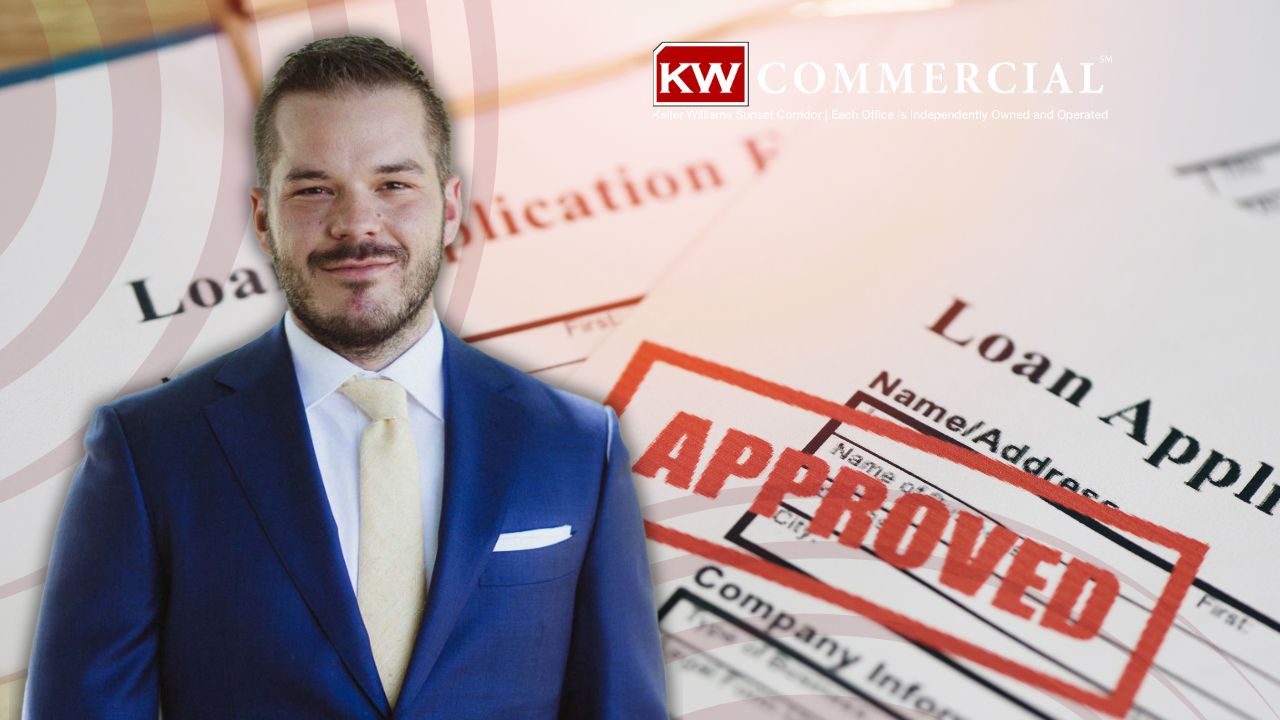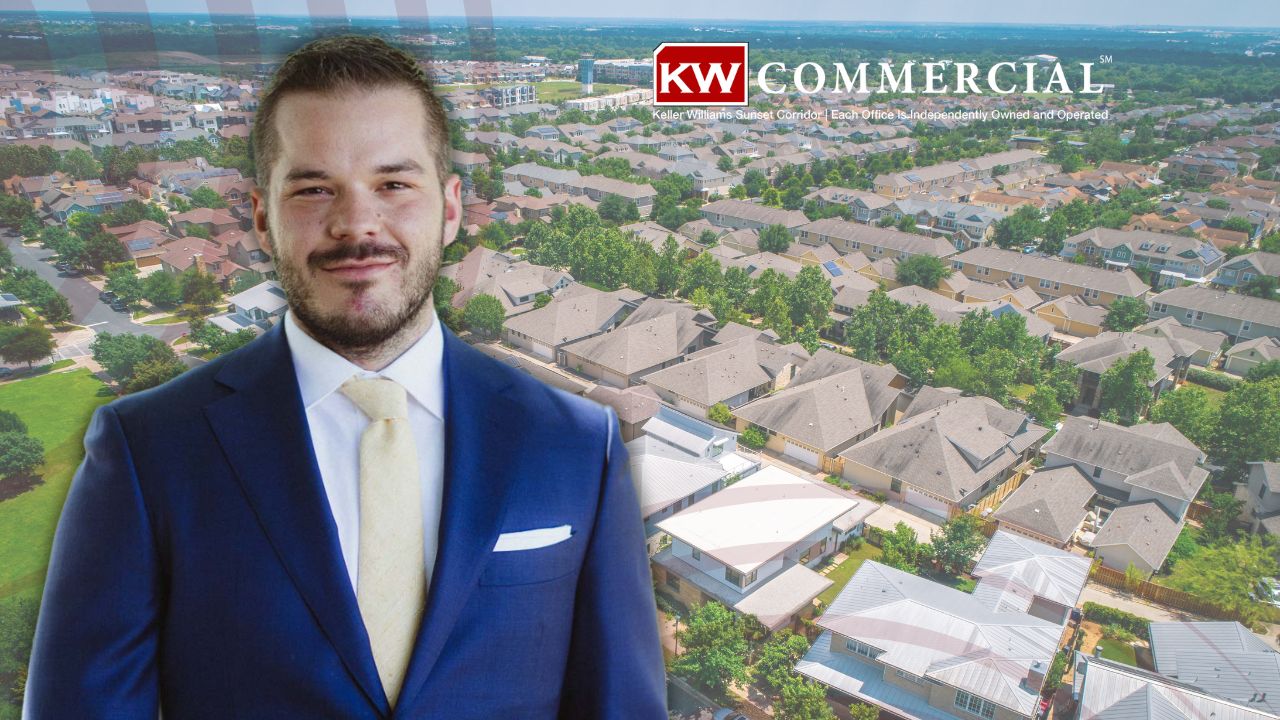Join My Exclusive Investor List. Get access to exclusive multifamily deals across the Portland Metro Area. Join My List
How do you show lenders that a commercial property is a smart investment? Whether it’s your first or your next property, your best bet to convince banks and lenders is to present a solid underwriting deal.
In business, it’s all about numbers. An underwriting deal is a detailed financial analysis and risk factors related to your property investment. It’s the lender’s way of thoroughly checking your investment to make sure it’s a good one that will be successful. When done right, you minimize the risk of bad investment. As a borrower, you gain more confidence in securing the funds needed for your commercial property.
Should borrowers be the ones writing it? You’re not the one conducting the formal underwriting; that’s the job of the underwriters employed by the lenders and banks. However, your role is crucial because you’ll be the one to provide all the necessary documentation and information that will make or break the loan approval process.
So, what exactly goes into an underwriting deal? Here are some essential details you need to know:
1. Financial credibility. Lenders want to know if they’re putting their money in the hands of someone with a proven track record of being a responsible and reliable borrower. They’ll check your credit report, credit history, and how many accounts you have open, along with your credit score. These documents will give them a window into how responsibly you’ve handled debt in the past.
But it doesn’t stop there. Lenders also want to see that you’ve got a steady employment history, ideally with at least two years under your belt, and they’ll be making sure that your reported income aligns with what you’re earning. All of these give them the confidence that you can meet your financial obligations.
2. Property appraisal. Because lenders are putting money behind your investment property, they want to make sure that it’s a sound investment. Property appraisal allows the lender to determine the current value of the property. They’ll use something called the loan-to-value (LTV) ratio to determine the risk of financing your property. Generally, a 70% to 80% LTV is acceptable, but the lower the LTV, the better chances of loan approval.
The appraisal also looks at how much income the property can generate. Factors like location, condition, potential rental income, and overall market value are all going to be considered.
3. Cash flow forecast. Aside from the value of your property and your financial capacity, lenders want to know how much cash it’s going to generate over time. Cash flow is all about the movement of money in and out of your business—it’s the lifeblood of your business. In commercial real estate, factors like rent growth and vacancy rates determine the financial health of your investment.
The real kicker is the net cash flow, which is the money left over after you’ve covered all of your repairs and maintenance costs. Naturally, the higher the net cash flow, the lower the perceived investment risk. It means that your business is stable and can handle unexpected costs.
If you plan to invest in real estate, I suggest you build your financial credibility now and take the time to study the property you want to purchase to increase your chances of loan approval. I can guide you through the process. Give me a call or send me an email. Together, let us build a strong financial foundation to ensure you get the funding you need.





